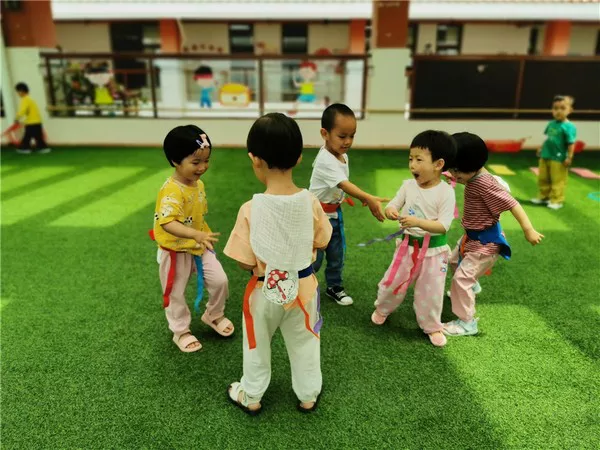The spectrum of symptoms associated with social anxiety encompasses a wide range of experiences, from apprehensions about everyday activities such as initiating conversations to grappling with panic attacks when faced with the prospect of performing before a group. Individuals grappling with social anxiety might resort to avoiding social engagements, harboring concerns about potential public embarrassment, struggling to perform in the presence of others, and harboring a fear of criticism or ridicule due to their manner of speech or behavior. A multitude of factors contribute to the emergence of social anxiety. Past experiences of bullying by peers, instances of humiliation in academic or social settings, public scrutiny, excessively critical parenting styles, the presence of anxiety-prone parents, a dearth of social support, limited exposure to social contexts, or even genetic predisposition could all play a role in its development.
The belief that one doesn’t measure up for social situations can crystallize and intensify as a result of negative life encounters. Phrases like “I’ll end up embarrassing myself,” “I’m at a loss for words,” “I don’t belong in this setting,” “I’m not stepping into that crowd of strangers,” and “Others will judge me” often echo in the thoughts of individuals grappling with social anxiety.
For those striving to assist individuals facing social anxiety, the power of providing a supportive environment and genuine intention is paramount. While medication and therapy play crucial roles, there’s nothing that can replace the impact of feeling supported and understood in a given moment. Ultimately, fostering awareness cultivates sensitivity, while practicing mindfulness nurtures empathy.


























